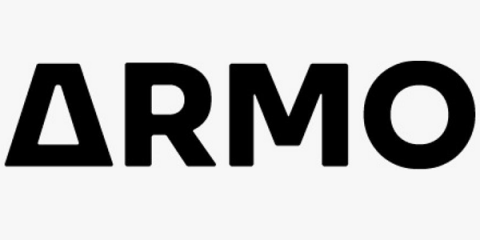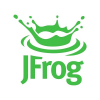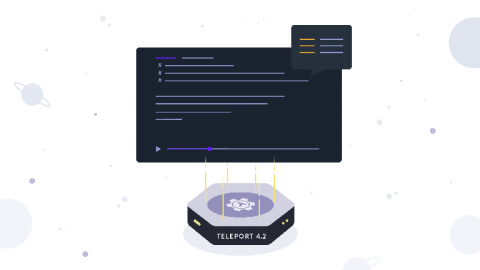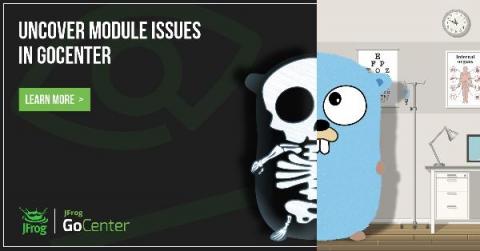Cloud Migration: Moving Your Security Mindset Along with Your Data
Migrating our data to the cloud to digitally transform and streamline your IT environment is easier than ever. Cloud security is in a place where it is stronger than on-premise security and The Big Three – AWS, Microsoft, and Google – have more access to resources and personnel than you can ever dream of. For infrastructure security, they’re the best. So why are so many companies still concerned with moving their data to the cloud?








